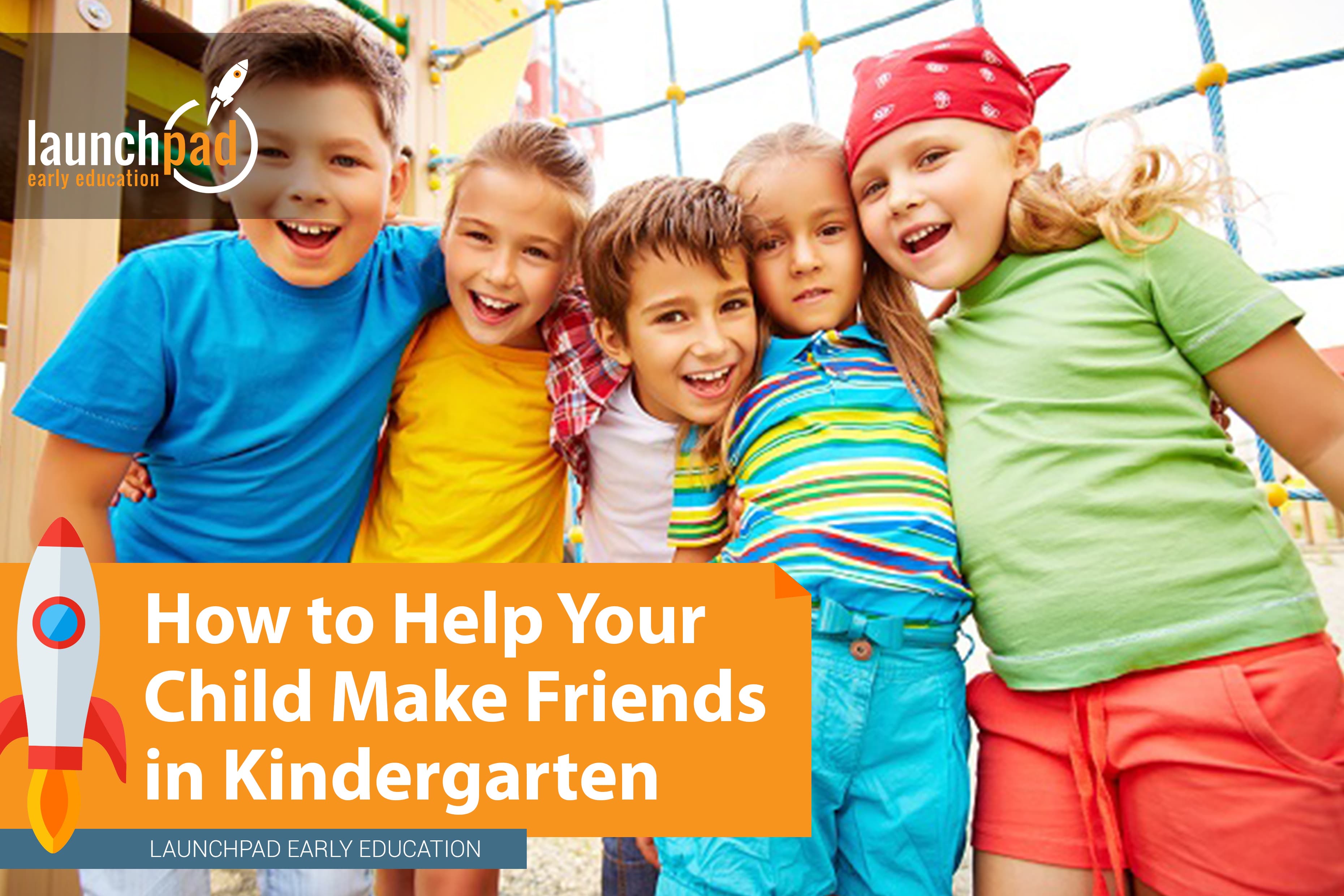Can you recall your very first childhood friend? Do find yourself smiling as you reminisce about playdates, laughter and fun shared with your childhood peers? The relationships we create with the people around us have a tremendous impact on our wellbeing. And like adults, children need to learn how to create healthy relationships, too. Childhood friendships have a positive and powerful developmental influence on young kids. They help develop social and emotional skills and increase one’s sense of belongingness. Because creating special bonds is a crucial part of their growth, help your child make friends with these tips!
Observe how your child socializes
Before taking the first step in helping boost your child’s social skills, observe how they socialize with others. Pay close attention to the way they interact with their peers during playtime. Attend their school activities and notice how they behave around their friends and classmates. Do they behave the same at home and at school? Or is there a difference with how they act when surrounded by a large group of people? Can they engage in play with others or prefer to be by themselves?
Your observations can help you decide where to focus your attention and what you can do to help build the skills they need.
Teach them how to join in a game
Is your child the shy-type who usually sit in a corner and wait until someone invites them to play? If so, teach them how to join in a game. Do role-play and teach them the right questions to ask. For example, instead of asking “Can I join?”, they can ask how they can join the game or what game is being played.
You can role-play how to start conversations. This helps relieve anxiety in approaching other kids and engaging in conversations with them.
Never compare them with other kids
Each child has a unique personality and temperament. This is something that all parents should understand. Therefore, as a parent, make sure you’re not comparing your child with other children, even if it’s their siblings. Just because your other kids have a bunch of friends and are highly sociable, doesn’t mean your child will, too. Even if they may be a little different from their siblings in this aspect, it doesn’t mean that there is a problem. Some kids are just shy and prefer to be with a few close friends rather than being part of a bigger group.
Help them get a headstart
Does your little one want to be part of a sports club at school but is reluctant to join? Try to give them a headstart by visiting the location with them. If they want to take swimming lessons, consider enrolling them in private lessons first before letting them join a full class. This will help them build up the confidence they need.
Set up playdates
Children who are comfortable with other kids in a small group find it easier to adjust when placed in a big group. If your child has friends from around your neighborhood, why don’t you set up playdates at home and invite their friends over? Try to make this a weekly habit if possible or at least before school starts. This way, your child won’t have a hard time adjusting as soon as they step into kindergarten.
Celebrate small successes
No matter how small, every progress should be celebrated. Every success should be recognized. Praise your little one for the efforts they’re exerting. Let them know they’re doing a great job. Keep practicing with them and continue to encourage them so that they keep trying. Giving them rewards every now and then can also be a good idea, as long as they know how proud you are of them.
Being able to manage and build their own relationships can benefit a child in more ways than one. With the help of these tips, you can help your little one navigate friendships, and further develop their social skills.
Here at Launchpad Early Education, we recognize the importance of building healthy relationships. Therefore, we give our kids adequate opportunities to learn how to make friends and get along with others in a fun and safe environment. Please feel free to give us a call for more information.



All comments (1)